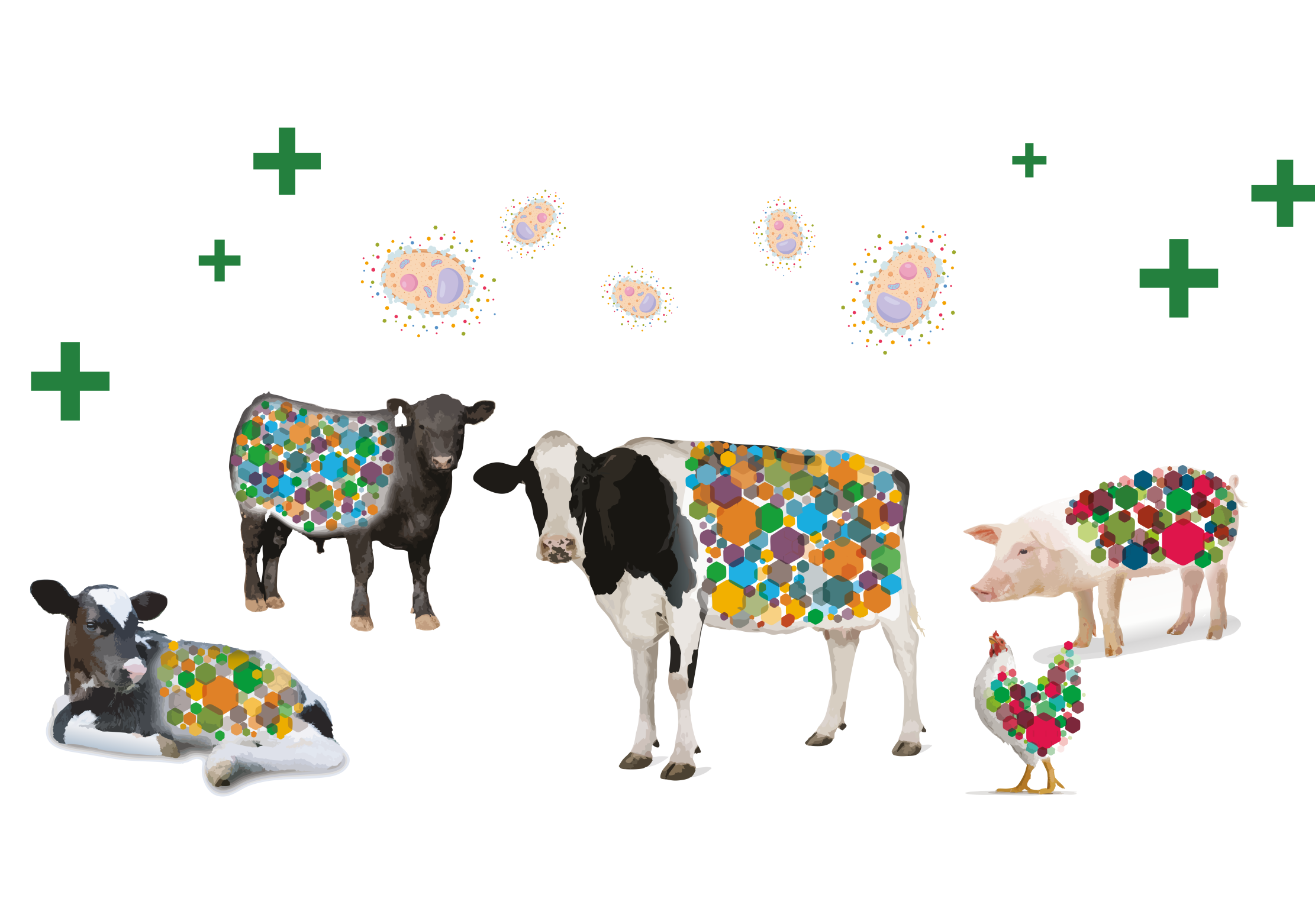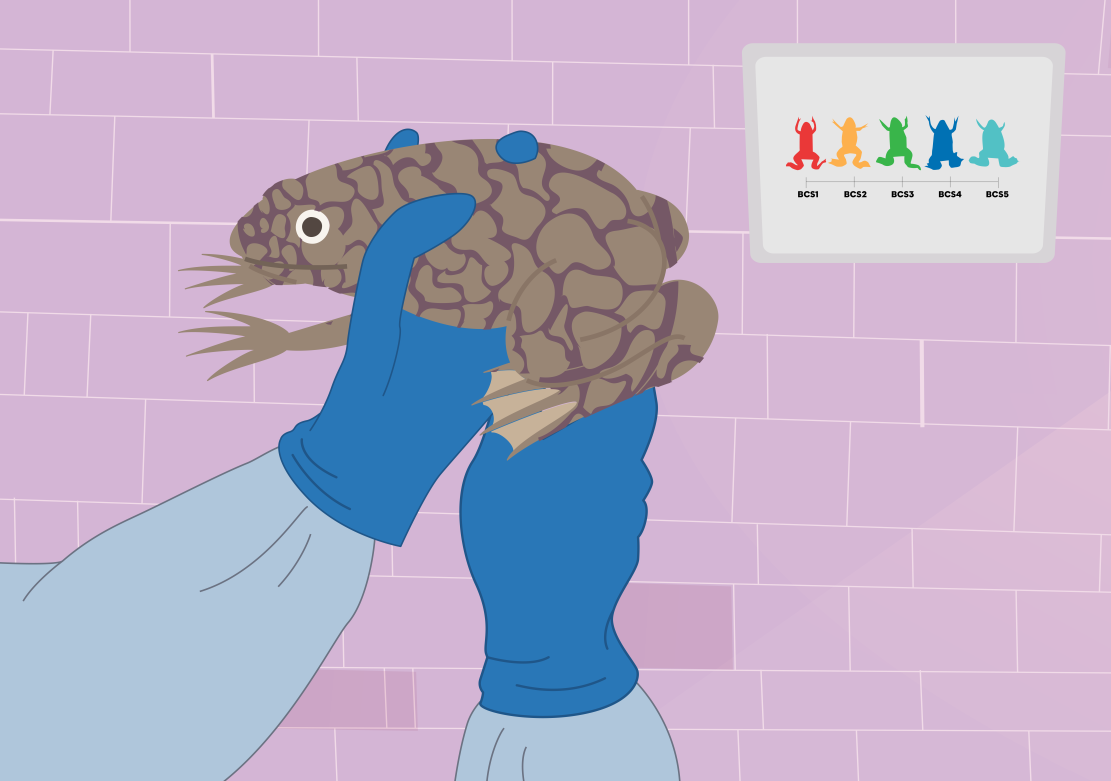What if the key to better healthcare wasn’t just treating symptoms, but helping people feel fundamentally safe? Dr Johanna Lynch at the University of Queensland, alongside her international research team, has developed what is now called the ‘Sense of Safety Theoretical Framework’ – a comprehensive approach that recognises feeling safe as a fundamental prerequisite for health. Their project involved transdisciplinary research into the neuroendocrinology, psychophysiology, and population impacts of threat, and extensive conversations with healthcare practitioners, mental health clinicians, and people with lived experience of illness across Australia and beyond. Read More
The research team used focus groups and interviews to explore what ‘sense of safety’ actually means to different people. They discovered that sensing safety is far more complex than simply avoiding danger – it’s a whole-person experience that integrates awareness of yourself, others, and your environment simultaneously.
Lynch’s team identified seven key areas of human experience that impact our sense of safety. These ‘Sense of Safety Whole Person Domains’ are our environment, social climate, relationships, body, inner experiences, sense of self, and spiritual meaning. Experiencing threat or safety in any of these domains affects our overall wellbeing and health.
The researchers also discovered five dynamic processes that build sense of safety: Broad Awareness (noticing the full picture), Calm Sense-Making (understanding what’s happening), Respectful Connection (feeling valued and heard), Capable Engagement (being able to participate actively), and Owning Yourself (feeling comfortable being who you are). These everyday processes provide calm and comfort, as well as giving courage to engage with life.
For all healthcare practitioners, the framework offers a shared language for positive patten recognition, strength-based goals of care, and five specific skills: listening to patients’ stories with care and safety, being genuinely present and supportive, working collaboratively as partners, and consistently honouring each person’s dignity, capacity, and experience as a whole person. These evidence-based approaches actually change physiology and enable fundamental shifts in health outcomes.
In another study, Lynch’s team explored how general practitioners can provide ‘whole-person care’ despite facing increasingly complex challenges. They found that effective care requires what they term the ‘Craft of Generalism’ – a sophisticated skill set that goes far beyond biomedical knowledge to include relational sensitivity and attention to context, culture, and meaning across the whole person.
The team’s research challenges common assumptions about healthcare, by revealing that sensing safety impacts everything from our immune system to our capacity for learning and growth. When people feel safe, their bodies can rest, heal, and regulate more effectively. Conversely, chronic lack of safety becomes encoded in the body as stress responses that contribute to illness.
The team’s framework provides practical tools for healthcare providers, educators, and policymakers to create more supportive, trauma-informed environments. Practitioners who are ready to learn more about implementing these strength-based and health-oriented approaches in their practice can explore comprehensive training opportunities and resources at the Sense of Safety website: www.senseofsafety.com/courses.







